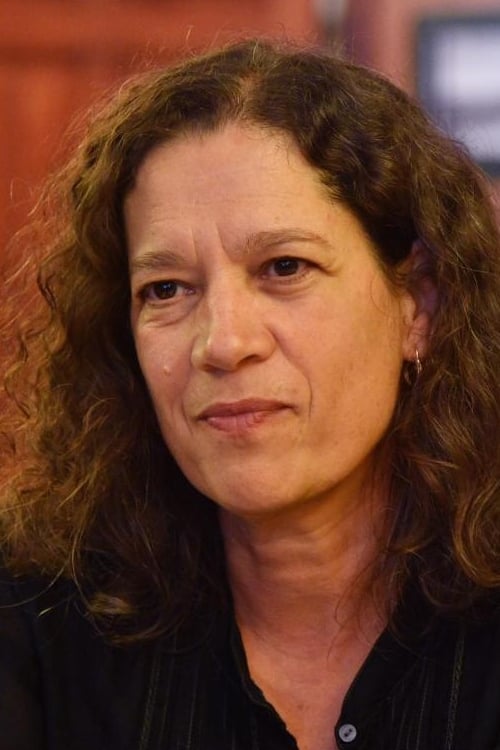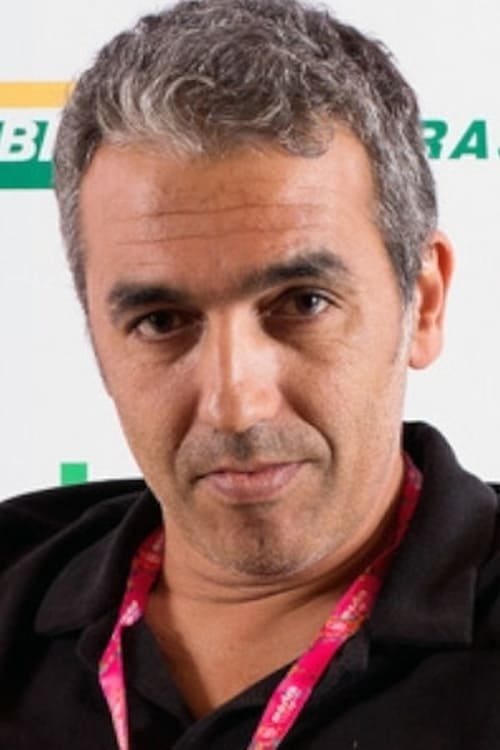(Be)Longing (2014)
Жанр : документальный
Время выполнения : 1Ч 18М
Директор : João Pedro Plácido
Краткое содержание
At Uz, an isolated hamlet in the northern mountains of Portugal, four generations live together in a group of around fifty people. When life is rough, solidarity is of the highest order. Everything else is left in God’s hands. They could have emigrated, like so many others, but chose to stay and keep their ancestral way of life, away from the racket of modernity.
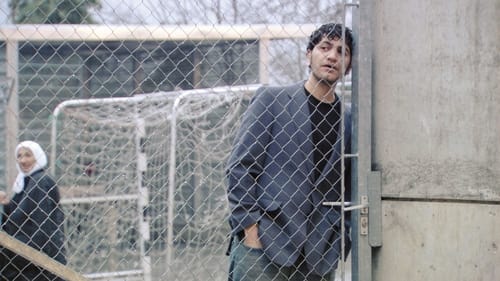
The personal stories of the people from all around the world waiting for a decision in an asylum-seekers centre in one of most restrictive countries in the world, Switzerland.

“Once upon a time, before people came along, all the creatures were free and able to be with one another”, narrates the voiceover. “All the animals danced together and were immeasurably happy. There was only one who wasn’t invited to the celebration – the frog. In his rage about the injustice, he committed suicide.” Something Romani and frogs have in common is that they will never be unseen, or stay unnoticed. In her film, young director Leonor Teles weaves the life circumstance of Romani in Portugal today with the recollections of a yesterday. Anything but a passive observer, Teles consciously decides to participate and take up position. As a third pillar, she establishes an active applied performance art that becomes integrated in the cinematic narrative. Thereby transforming “once upon a time” into “there is”. “Afterwards, nothing will be as it was and the melody of life will have changed”, explains a voice off-camera. Golden Bear for Best Short Film 2016

In Portugal, in the 60s, the corpse of a man appears on Dog's Beach. The corpse is identified as the major Dantas, a man wanted by authorities after his escape from a military prison where he was awaiting trial for insurrection.
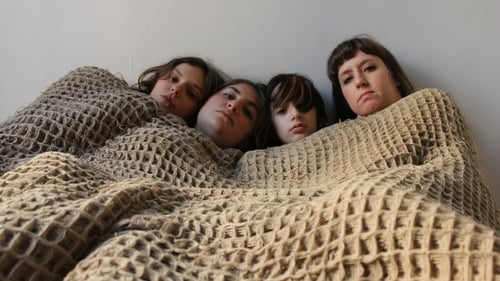
Ten-year-old Axel lives with his mother and three sisters in a flat in Buenos Aires. They’d be a perfectly normal family if only the mother weren't imprisoned in one of the rooms.

Constructed from a wealth of archival footage, the documentary follows Dr. Martin Luther King, Jr. from 1955 to 1968, in his rise from regional activist to world-renowned leader of the Civil Rights movement. Rare footage of King's speeches, protests, and arrests are interspersed with scenes of other high-profile supporters and opponents of the cause, punctuated by heartfelt testimonials by some of Hollywood's biggest stars.

В конце 1960-х Эвита приезжает в Мозамбик, чтобы выйти замуж за Луиша, студента-математика, который там исполняет воинскую службу

Сюжет Проспера Мериме перенесен в наше время, в один из самых бедных районов Кейптауна. Кармен, работающая на местной табачной фабрике, оказывается втянутой в неприятную историю с полицией. Ей не составляет труда вскружить голову прежде порядочному и законопослушному полицейскому. Теперь он готов не только закрыть глаза на ее проступки, но и пойти на более тяжкое преступление..

A cup of coffee, a cigarette. A coin, another cup of coffee. Patients roam the halls. They walk alone. Waiting. Another smoke, a burning cigarette. Therapies that appeal to the senses. Routines that pull them back to reality. It's life repeating itself at psychiatric hospital spaces'. Lucidity and madness live together. From the outside world comes an actor in search of his character for a theatre play, diving into the inner world of schizophrenia. Patients are part of the creation of the character. Amidst the haze, the actor finds a poem by Ângelo de Lima, an alienated. The theatre character is born. Cinema documents it.

Four peoplebound by the common thread of a deeply personal losstake to the road at a pivotal moment in their lives, hoping to move ahead. Along the way they unexpectedly intersect with one anotherthe result of which forever alters their understanding of brotherhood, friendship, and love.
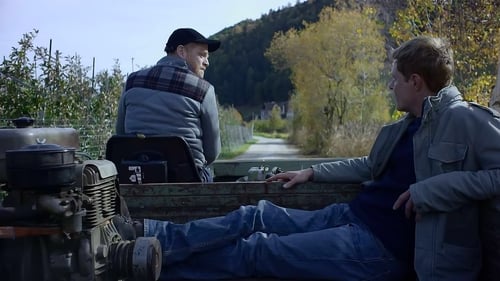
Albert grew up on an isolated mountain farm in the middle of nowhere in the Alps. Although he’s already in his 30s, his omnipresent mother Marianne still pulls the strings in his life. Not intentionally and only because of his mother’s pressure, Albert went to live in the nearby valley to make his living in a marble quarry. Marianne wants to protect him from the poor and lonesome life on the mountain and is even willing to denounce their bonds to the tradition of the farm, that has existed over centuries. Like an abandoned animal that keeps coming back to its territory, the introverted farmers son keeps sneaking back to the mountain as often as possible. When his father dies accidently whilst repairing the roof, Marianne fears, that Albert will take over the role of his father and return to the farm. Instead, she decides to hide the death from Albert and the outside world—and buries his corpse on the mountain.

HIGH SCHOOL II is a film about Central Park East Secondary School (CPESS), a successful alternative high school in New York's Spanish Harlem, 85-95% of whose graduates go on to four year colleges. The film illustrates the school's emphasis on the “Habits of Mind” program (weighing evidence; awareness of multiple points of view; seeing connections and relationships; speculating on possibilities; and assessing values.) Sequences illustrating the school's approach to learning include: classroom activities in the humanities and sciences; family conferences; discussions of race, class, and gender; faculty meetings; disciplinary problems; sex education; conflict resolution by students; and student council meetings.

Young Jesus is taken on a vacation by his parents (Rita Blanco, Adriano Luz) to a deserted beach resort. They accidentally fall into overnight wealth after Jesus digs in the sand, uncovering a large drug stash. Others characters intersecting here include an alcoholic actress, a philandering banker, a general trafficking in arms, priests who close their church and head north as hitchhikers, politicians who watch an all-girl production of Julius Caesar, and beggars who recite a children's story in a huge heap of trash.

Juan Carlos and his friend Manuel were still teenagers when Catalina Villar first filmed them 18 years ago in Medellin which, at the time, was the most violent city in the world. Soon after, Juan Carlos, the poet, was killed. On the eve of a time of fragile peace, his illiterate parents seek legal compensation. Manuel, who has become the leader of his neighbourhood, is confronted to the paradoxes of urban modernization in a city that has transformed too quickly. The ghost of Juan Carlos rises as a shield against oblivion.

A meeting in an empty roadside café-restaurant. A man in his sixties is waiting. A young woman enters, she seems tired, weighed down with her backpack, and her whole life inside it. He offers to take her a part of the way. She accepts.
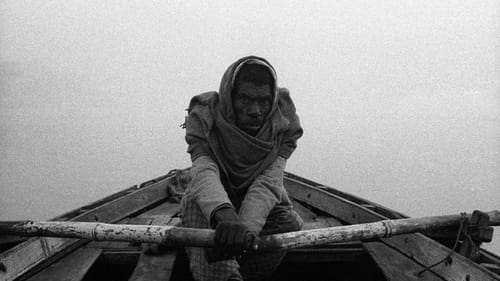
In a series of small portraits, Gianfranco Rosi depicts life on and along the banks of the Ganges River. The director’s first film documents the boat trip he took along India’s sacred river with his helmsman, Gopal. They pass tourists and locals, witnessing them bathe, work, or meditate. The film captures the imagination of the endless circle of life and death, which is rooted in the lives of the Indian people, and is convincingly manifested in the way they bid farewell to the dead.

Паола и две ее старшие сестры растут в патриархальной семье, чья жизнь строится вокруг церкви и подчинена маленьким ежедневным ритуалам. Стремительно меняющийся мир не укладывается в мировоззрение родителей. Папа сестер — католический священник, а их мама верит в собственные видения и предсказывает будущее по исходу игры в домино. В этой обстановке Паола взрослеет, идет в школу, заводит друзей и влюбляется, и постепенно все лучше и лучше разбирается в себе, осознавая свои истинные желания.

Estefânia is an old, rich, strict catholic woman, and when she sets her eyes on a couple of servants who have no means to bring up properly their youngest son, António, she decides to move her influences in order to make a priest out of him. The parents accept it, the local priest and even the Seminar's rector accept it, and António accepts it - if not for piety, for obeyance to his parents. Once time goes by, and António is out of rural misery and into the prison-like system of a seminar, doubts and anguishes mount within him.
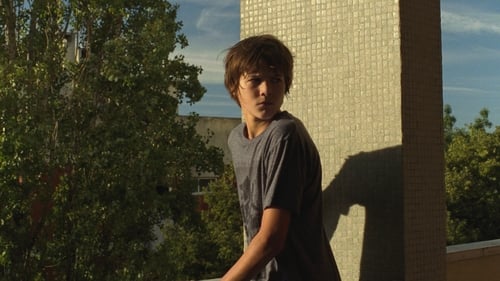
Day breaks on the eighth floor in a suburban neighbourhood of Lisbon and 14-year-old Bruno’s grandfather is still in hospital. Doctors give him only a few days to live. The imminence of death and the void that it will leave force Bruno to become the man of the house, where he lives with his mother Mónica, who is in her 30s, and his three-year-old sister Érica.
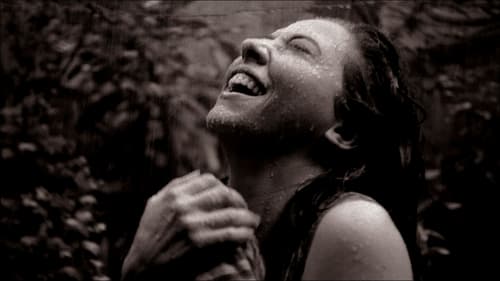
A deep investigation, in the way of a poetic essay, on one of the main Latin American movements in cinema, analyzed via the thoughts of its main authors, who invented, in the early 1960s, a new way of making movies in Brazil, with a political attitude, always near to people's problems, that combined art and revolution.

New York designer Stefan Sagmeister lives in the city of his dreams, and creates work for the likes of the Rolling Stones and Jay-Z. Business is good, creative juices are flowing, and yet he suspects there must be more to life. Sagmeister takes on the daunting project of changing his personality by trying to figure out the causes of happiness. On the advice of a trusted psychologist Sagmeister experiments with three different approaches: meditation, therapy, and drugs. The Happy Film follows his pursuit, and all that he encounters along the way: joy, ecstasy, heartbreak, change, love, and death.



